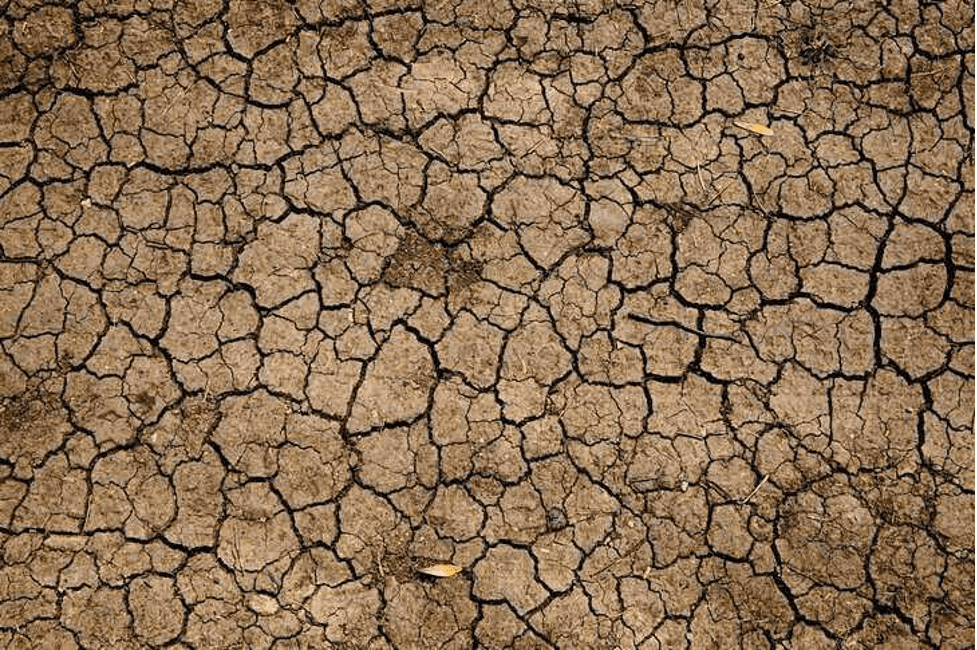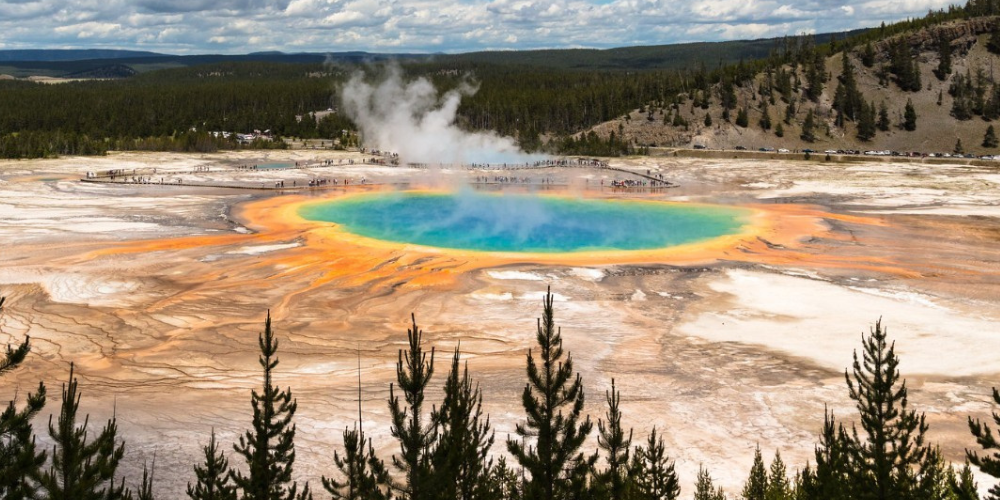A wise man once said life comes full circle. TBH, we couldn't agree more! Until now, everyone thought it was only the old-fashioned trends that kept coming back. But it seems climate change issues are also repeating themselves.

Mike Erskine/Unsplash | Studies indicate that the Earth’s temperature might soon touch levels at which it was during the age of mammals
According to a recent study published in Nature Geoscience, Earth's temperature might soon return to what it was during the age of mammals. If you don't know much about the global temperature of that time, worry not; this study will answer all your hows and whys.
A Peek Inside the Study
David Naafs (organic geochemist at the University of Bristol) and his team reconstructed the temperatures during the late Paleocene and early Eocene epochs when CO2 was at an all-time high of around 1000 parts per million (ppm) in the atmosphere. They analyzed lignites or fossilized peat from around the world and found that the temperature in ancient Germany, New Zealand, and the U.K. was 23 to 29°C (73–84°F) warmer than today.
Naafs said that earlier, these wetlands looked like today's tropical wetlands (Amazon or Everglades). That means present Europe would resemble Everglades, and the heat waves it's experiencing now would be common at that time.

Kseniia Zaitseva/Unsplash | The level of heat on the planet might increase drastically
But these were only the places near the high-mid latitudes; what about the areas close to the equator? When the team examined lignite from India, they were shocked that the temperatures from these samples maxed out. That means India, which was in the tropics at the time, might have been a dead zone with temperatures over 50°C (122°F).
Jaelyn Eberle (paleontologist at the University of Colorado), who studies warmer-weather fauna in Ellesmere Island, said animal remains found on the island reveal that the world was too warm in the past.
How Accurate is the Study?
Despite data showing an unbelievable temperature hike in the past, studies like the ones shared by Intergovernmental Panel on Climate Change (IPCC) show a small increase in temperature in the future.
Naff thinks the reason behind this could be Methane. He said that the hotter wetlands get, the more Methane they release. At such high temperatures, how much of it was released and how it affected the areas is what we should find out.

Wilson Szeto/Unsplash | Scientists believe that with the increase in global temperatures, the quality of the air we breathe will also degrade
Coming to whether we should trust the study or not, it's debatable. Since, at that time, continents were in different positions, oceans worked distinctly, which is why we can't fully trust the study.
Plus, the fact that some issues we're facing now match what happened earlier can't be a reason for comparison. Instead, we should focus on how we can reverse the damage we're doing now so that even if the study is true, we don't meet that fate anytime soon.




